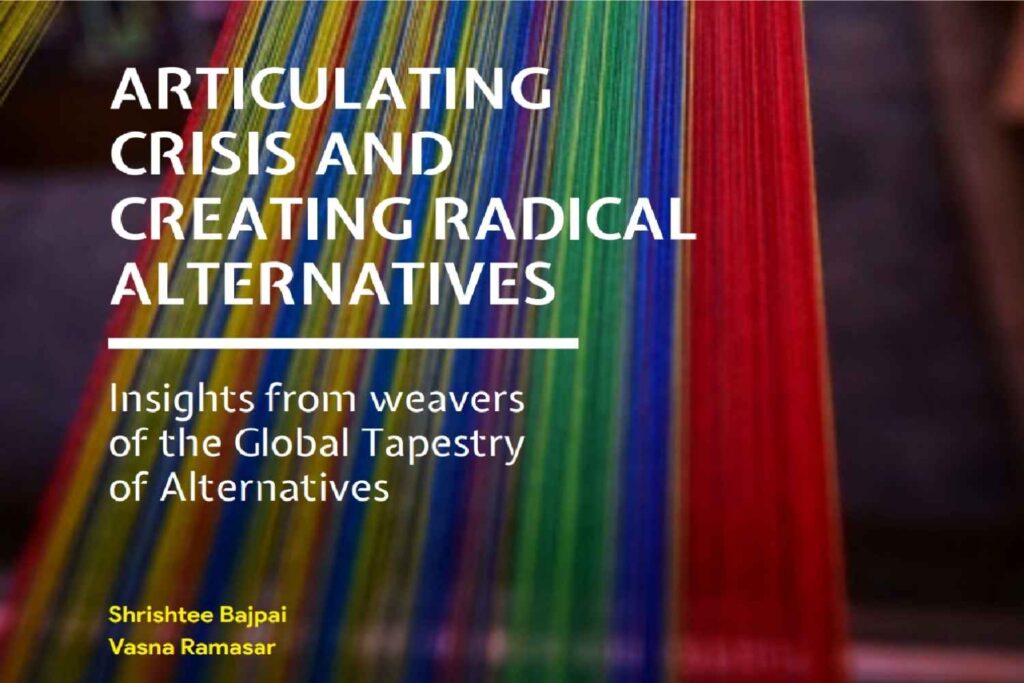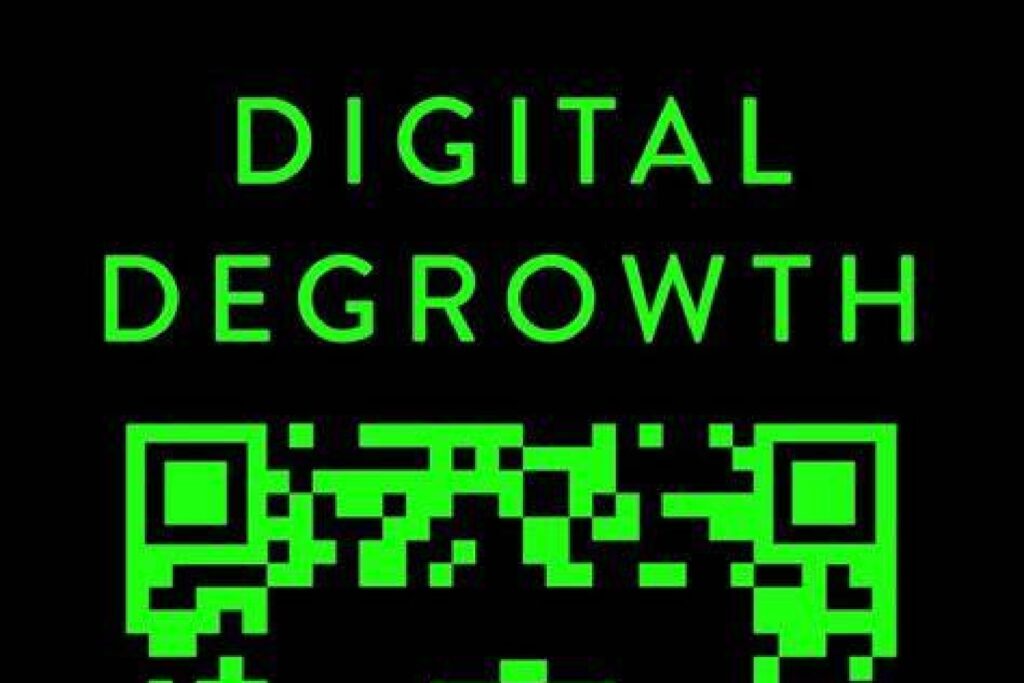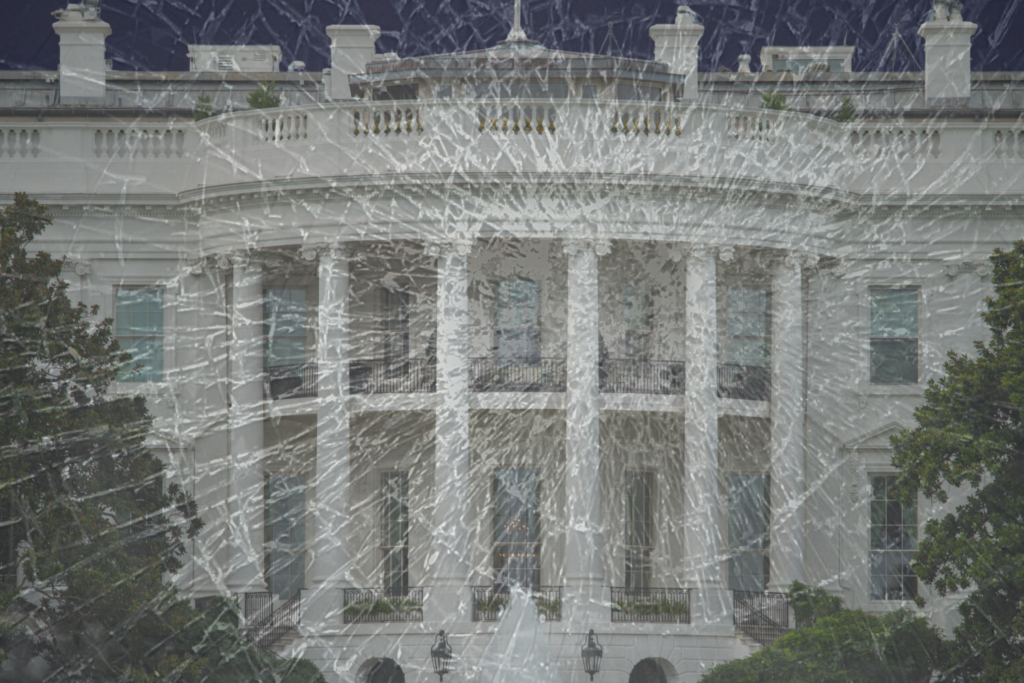The Changing Economic Geography of Companies and Regions in Times of Risk, Uncertainty, and Crisis
This book examines how uncertainties, crises, and risks transform the spatial arrangements of companies and regions. It explores key concepts such as global value chains, production networks, and regional resilience, illustrated through case studies from a range of industries.










